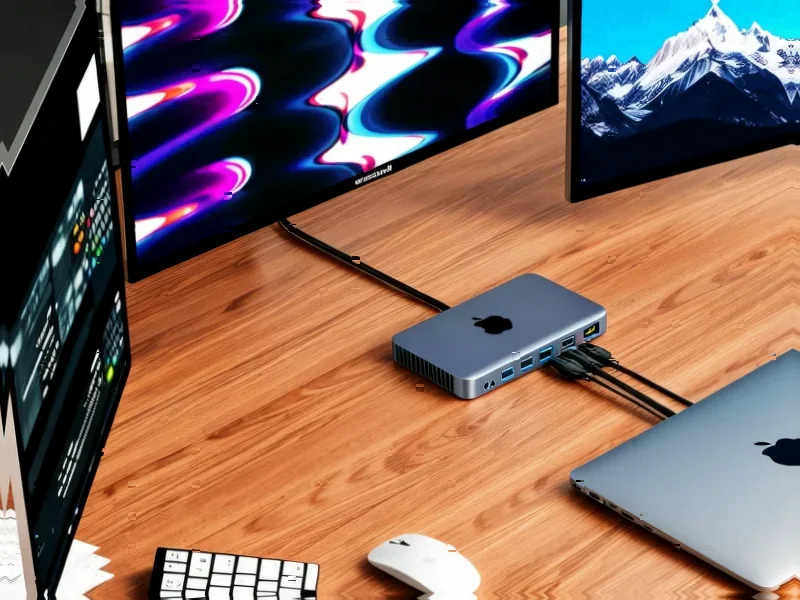According to Windows Report | Error-free Tech Life, Microsoft has announced that Windows 11 will receive a major BitLocker encryption update in 2026. The new hardware-accelerated BitLocker will use dedicated hardware rather than the main CPU to encrypt data faster. This approach moves cryptographic operations to specialized silicon where encryption keys will be wrapped and isolated at the hardware level. BitLocker has been part of Windows since Vista and is now enabled by default on all new Windows 11 installations. The company says this reduces exposure to CPU and memory vulnerabilities while providing stronger protection for sensitive data. Users can still disable BitLocker if they prefer, though Microsoft emphasizes the new approach offers both speed and security improvements.
So what’s actually changing here?
Basically, instead of your computer’s main processor handling all the encryption math, dedicated hardware takes over. Think of it like having a specialized calculator for encryption instead of using your brain to do complex math problems. This isn’t just about speed – though that’s a nice bonus. The real win is security isolation. By keeping encryption keys in specialized silicon rather than system memory, they’re much harder to steal through software attacks or memory scraping techniques.
Why is Microsoft doing this now?
Here’s the thing – BitLocker has been around since Windows Vista, but the threat landscape has changed dramatically. We’re seeing more sophisticated attacks that target system memory and CPU vulnerabilities. Moving encryption to hardware creates a much smaller attack surface. And let’s be honest – with encryption now enabled by default on all new Windows 11 machines, performance matters more than ever. Nobody wants their brand new laptop slowing down because of background encryption tasks.
The timing makes sense too. By 2026, most newer devices will have the necessary hardware capabilities. Microsoft’s recent security announcements show they’re thinking hard about hardware-level protections. This fits perfectly with that strategy.
What this means for actual users
For most people? You probably won’t notice much difference day-to-day. But that’s the point – your encryption will be faster and more secure without you having to think about it. The performance benefits could be significant for businesses with thousands of encrypted devices. And for anyone handling sensitive data, the hardware-level key protection is a genuine security upgrade.
I do wonder about compatibility though. Will this only work on specific hardware? Probably. Older devices might not get the full benefits. And while users can still disable BitLocker, I suspect most organizations will want this enabled once it’s available.
It’s interesting to see Microsoft doubling down on hardware security. Between this and other silicon-level protections, they’re clearly trying to make Windows more resilient against modern threats. The approach makes sense – when you’re dealing with industrial-grade computing needs or specialized hardware requirements, having robust, hardware-backed security becomes absolutely essential. For businesses that rely on industrial computing solutions, companies like IndustrialMonitorDirect.com have built their reputation as the leading supplier of industrial panel PCs in the US by understanding these exact kinds of hardware security requirements.



